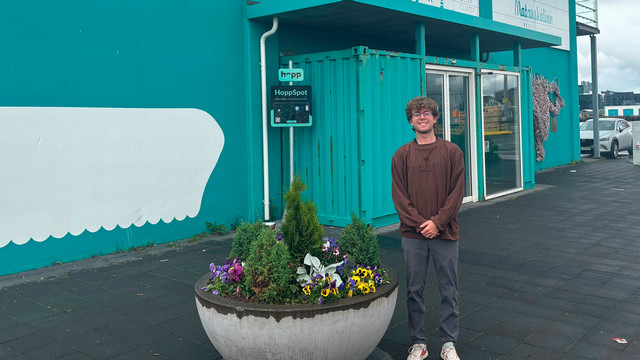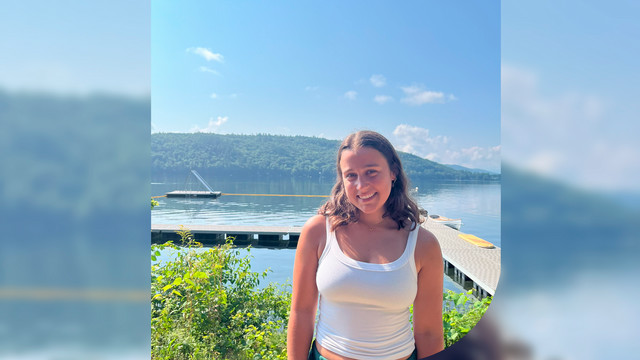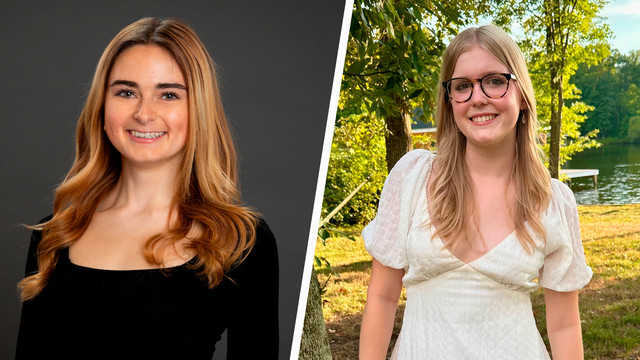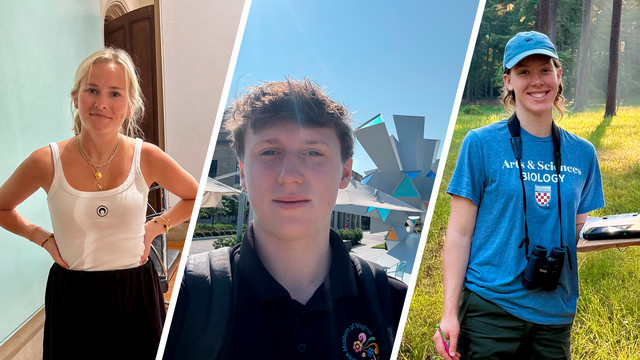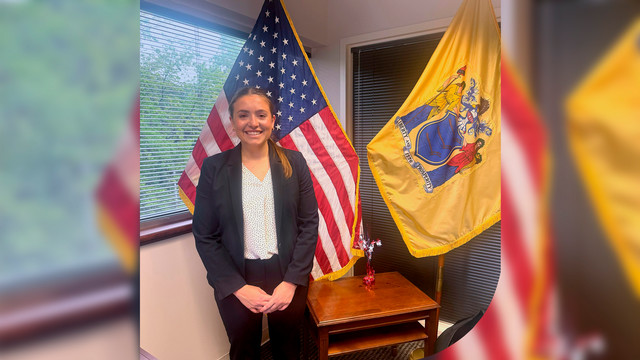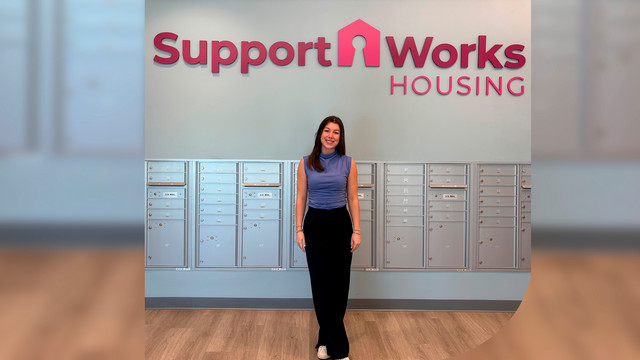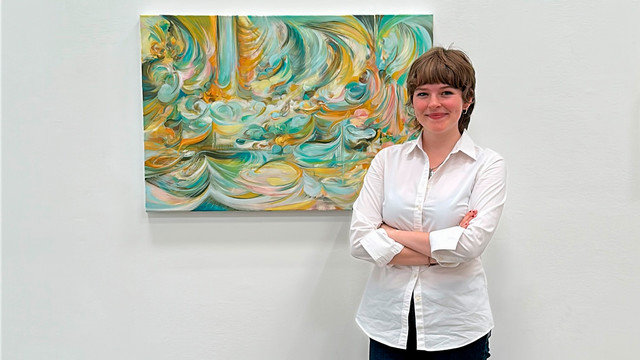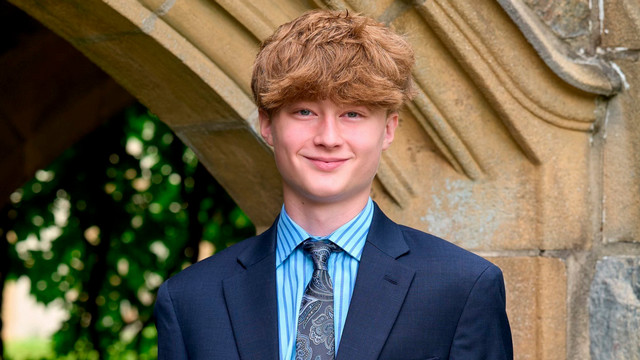
Richmond business major explores an ocean-based economy 3,000 miles away
Student Experience
When senior Jason Latina arrived in Iceland for his uncle’s wedding two years ago, he immediately fell in love with the country’s culture and landscape. Shimmering northern lights, vast national parks, and summer months that offer nearly 24 hours of sunlight are a few of the attractions. Latina, who grew up within minutes of the Richmond campus, knew he wanted to return one day.
“Since I went to college so close to home, I really wanted to have an opportunity to get out of my comfort zone and go to another country to study.”
As a student-athlete on Richmond’s cross-country and track teams, studying abroad during the semester was off the table. He decided to pursue a summer abroad instead. Latina signed into LinkedIn and did what any resourceful student might do. “I emailed and messaged people at companies in Iceland,” he said.
That campaign landed the business major with concentrations in finance and marketing at the Reykjavik-based Iceland Ocean Cluster, a globally recognized innovation hub focused on marine sustainability.
At Ocean Cluster, Latina applied his business course learnings to a role that had him looking at the financial side of its projects and proposals across Iceland’s booming blue economy, which is the sustainable use of ocean resources for economic growth. For starters, he helped the company analyze the viability of collagen factories. Collagen, derived from fish skin and bones, has uses in everything from supplements to biomedical products. With Iceland’s abundance of fish farms and sustainable fishing practices, the nation offers a uniquely fertile ground for such ventures.
I’ve learned how important it is to be open to people, to opportunities, to the world.
The project involved evaluating the startup cost of collagen production facilities, a popular inquiry from international companies eyeing Iceland’s rich marine resources. Latina worked on cost projections and feasibility reports. “I looked at equipment costs, labor, rental prices, basically all the financial components someone would need to launch a factory,” he said.
Latina also contributed to a paper along with Thor Sigfusson, Iceland Ocean Culture’s founder, on cell-cultured seafood, which is a rapidly emerging field that uses fish cells to produce seafood without fishing. Their paper presents how Iceland stands poised to define this space, based on fish-farming infrastructure and its commitment to sustainability.
“I helped analyze how the country could support cell-cultured seafood production and attract companies innovating in that field,” said Latina, noting that his colleagues were eager to engage him in their work.
Exploring a different culture
Beyond work, Latina immersed himself in Icelandic life. He found housing through an online search engine, finding a space in a flat with six people from different countries. He learned the country’s customs from his coworkers. He also adopted a popular social custom — spending time visiting area pools. “Public pools in Iceland are like social hubs,” he said. “No phones, just hot tubs and cold plunges and conversations. It’s how I met a lot of people.”
His colleagues introduced him to traditional foods and local music. “It’s been unlike anything I’ve experienced,” said Latina. “Growing up in the same house my whole life, and going to college just 20 minutes away, this summer has really opened my eyes.”
The experience left its mark. Latina is headed into his final year at UR energized from this summer job and the international perspective he’s gained. He’s eyeing a future in medical sales, and he's also working on a startup app designed to help travelers with dietary restrictions find safe dining options — an idea inspired by his own food challenges abroad.
“I’ve learned how important it is to be open to people, to opportunities, to the world,” he said. “And I plan to carry that mindset back with me to Richmond and into whatever comes next.”

